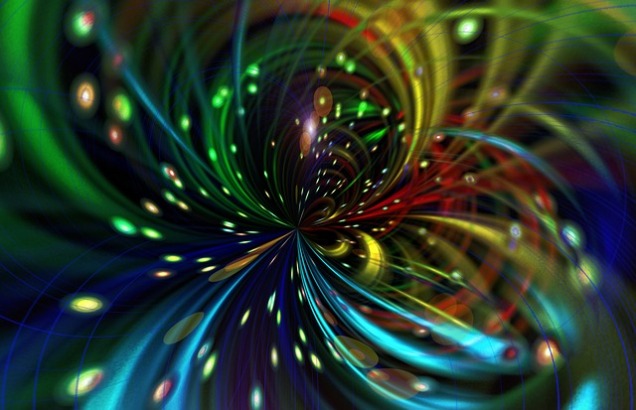
Biological psychology has come to the fore over the past years. The mapping of the human genome combined with improved brain-scanning techniques has meant that the biological correlation to psychological conditions is more easily identifiable, and it is clear that many mental disorders like major depressive disorder, anxiety disorders and schizophrenia are explainable through a gene x environment interaction. This usually means that an inherited genetic pre-disposition to a disorder, or a certain behaviour or addiction is triggered environmentally.
Talking of genes takes us to neurotransmitters. How? Genes make proteins which make neurotransmitters and genes also transport neurotransmitters across the synapse. (See Caspi et al._2003 and the 5HTTR serotonin transporter gene). Neurotransmitters are agonists –they bind with receptor sites on the post-synaptic neuron and cause an action potential. Drugs are also agonists that act in the same way, but they are not natural in our nervous system. Neurotransmitters are known as endogenous agonists (internal agonists); drugs, or any chemicals taken into the body, to deliberately stimulate a certain neurotransmitter or group of neurotransmitters, are exogenous agonists (external agonists).
An exogenous agonist for serotonin is MDMA (Ecstasy). It works by binding with the serotonin transporter genes and also with the receptor sites, temporarily increasing the serotonin in the synapse in the neocortex (part of the cerebral cortex), the amygdala, hippocampus and hypothalamus, affecting cognitions such as memory and perceptions, as well as mood. We party!
However, studies have suggested that there is a rebound effect, whereby damage to the serotonin transporters after several doses of MDMA over a period of a few days has resulted in an ultimate decrease of serotonin in the brain, and memory and mood impairment, leading to theories that this might be linked to a motivation to take more and eventually to possible addiction. (See McCann et al MDMA and memory).
Of course, the opposite to an agonist is…an antagonist, which will be the subject of the next blog post.